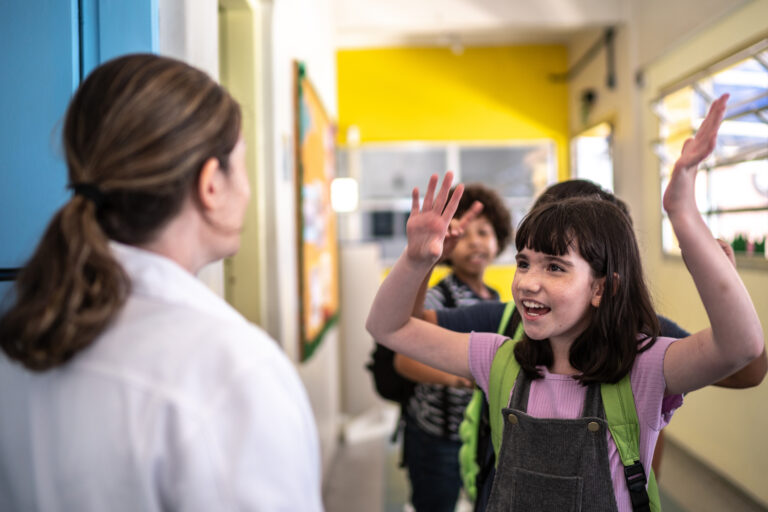The analogous relationship between a student and a vegetative plant is one of the most precise characterizations possible.
As with plant life, students strive when they live in a solid environment and are tended with regularity.
A Secure Base Relationship in education provides an emotional and psychological haven for students so that they can expand intellectually, just as a plant grows when it has the security of a solid bond with the ground in which it lives.
Much is discussed about the physical environment in which students come from (home) and enter (school), but of equal importance is the relationship students build with the instructors who greet them once they arrive at school. The Secure Base is the one relationship a student has in school that he or she need not question, human-to-human support that will not waver as the student traverses the academic and social pathways in education.
The value of the Secure Base Relationship is prevalent in its title. When a student enjoys a strong relationship with someone at school, that relationship is the “secure base’’ from which that student can then thrive.
What is a Secure Base Relationship
A Secure Base Relationship exists when a student is secure in the knowledge that a caregiver (for our purposes, anyone in a position of authority within the school structure) responds to the needs of the student with both empathy and regularity. It is the reliability of the response from the caregiver that reduces the anxiety within the student, and it is that anxiety which often holds back a student from achieving classroom success.
Let’s examine the value from the opposite direction. A student who suffers from anxiety struggles to feel secure enough to reach out intellectually and socially. A student with a Secure Base Relationship within the school structure is relieved from anxiety, thereby flowering when the educational opportunity presents itself.
The Secure Base Relationship is an extension of Attachment Theory, the concept that developing attachments allows children to have roots from which they feel safe to develop.
Beyond Pastoral Support
Simply explained, a Secure Base Relationship exists as an improvement upon pastoral support, in which a group or collective is called upon to respond to a student’s emotional dysfunctions. A child existing under pastoral support thinks “someone is going to care for me”, but that same child with a secure base relationship is allowed to think “a specific adult, who has cared for me in the past, will care for me again.” Pastoral support, which has value when numbers preclude one-on-one support, is less effective and fails to reach the definition of “relationship’’, which is felt within the child’s internal expectations.
How to Build a Secure Base Relationship
Building a Secure Base Relationship is more than just “being there”, although there certainly is something to be said for responsible attendance. There are five dimensions to forming a Secure Base Relationship, and certainly, availability is the first step. A child needs to be able to trust that their friend or mentor will be available when an emotional need arises.
(Once a relationship is secured with one school leader, it is wise to extend that relationship to a second. No one can assure they will “always’’ be there when needed, and having a second relationship of trust is helpful in terms of availability).
The next three dimensions – Sensitivity, Acceptance and Cooperation – are interrelated and respond to each other. They each work together to make sense of the feelings of anxiety a child experiences, manage them (sensitivity), improve the student’s sense of self-worth (acceptance), and demonstrate how the child can succeed within the instructional structure (cooperation).
The final dimension is where success can most easily be measured. A student suffering from anxiety is unlikely to feel as if they belong in the environment that fosters their anxiety. With a Secure Base Relationship, a student will allow themselves to believe they can be a member of the school community, which will in turn serve to solidify the sense of having a secure base.
Putting the Theory into Practice
The University of East Anglia Centre for Research on Children and Families offers an instructional guide on how to put the theory of Secure Base Relationships into practice.
The purpose of a Secure Base Relationship is to put a child into a comfort zone from which they can reach out. Only by having the security of a strong base relationship can a student feel safe in “putting themselves out there” in both an instructional and social manner. With each step taken from a secure base, that student can reach out further to explore what the instructional environment and the world offer them.








